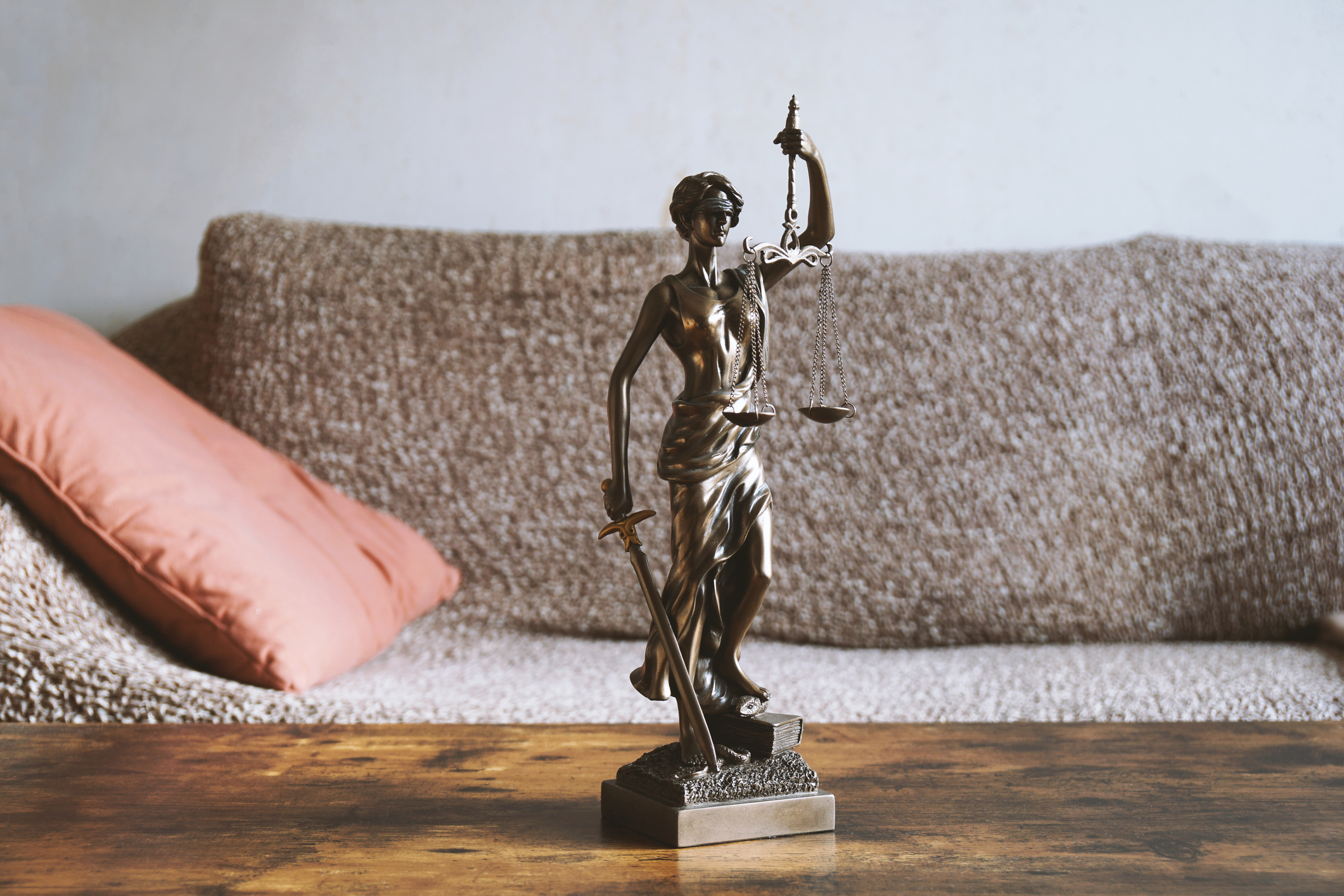Are you feeling uneasy about potential hazards in your rental home? Picture yourself tripping over an unsecured carpet or grappling with damages from a leaking ceiling. These aren’t mere annoyances; they can lead to significant injuries.
Injuries in rental spaces are not as rare as one might think. However, pinpointing responsibility can quickly become a convoluted affair.
Embark on your path to becoming an informed tenant with us today. Whether you’re currently dealing with an issue or aiming to be proactive, this article will be an essential resource.
What is Landlord Liability?
Landlord liability refers to the responsibility for injuries and accidents on their rental properties. This concept relies on the principle that landlords must keep their properties safe and livable. While specific legal requirements vary, the central obligation is universal: landlords must maintain properties to avoid endangering tenants. This duty contains a range of scenarios, including ensuring structural soundness and providing proper security measures.
Landlord obligations include regular inspections, prompt repairs, and compliance with building codes. Landlords are responsible for safe electrical wiring, secure and well-lit staircases, and eliminating hazards. Failing to fulfill these obligations can lead to liability for accidents and injuries.
Neglecting these responsibilities can result in significant legal and financial consequences. Tenants injured due to negligence in maintaining safe premises may file lawsuits. Such legal actions can lead to landlords compensating for medical costs, lost wages, and pain and suffering. In some areas, courts might also impose punitive damages in cases of egregious negligence.
Common Scenarios of Landlord Liability
Landlords can face legal responsibility when injuries happen due to inadequate property maintenance. These scenarios could include unsecured floorboards, malfunctioning electrical systems, or leaking roofs. These instances often occur when landlords neglect regular inspections or repair requests.
For example, landlords are liable for injuries from faulty appliances or installations in rental properties. They must keep appliances like heaters and stoves safe. Tenants likely have a case if they suffer harm because of poor installation, like a falling ceiling fan.
Common areas like staircases and walkways also represent notable hazards. Injuries in these areas from poor lighting or icy paths can lead to landlord liability. They may also be responsible for injuries from external threats like break-ins. For example, they may have insufficient security, like inadequate locks or a lack of surveillance cameras.
Other Landlord Liability Scenarios
In buildings with multiple tenants, landlords have an expanded set of responsibilities. They must keep shared spaces like hallways, elevators, and laundry rooms safe and hazard-free. This obligation includes ensuring proper lighting, stable flooring, and working emergency exits.
Landlords can also be accountable for injuries resulting from crimes on their property. This liability is particularly true if inadequate security measures contribute to the harm.
Environmental dangers present another risk area. Properties must be free from health hazards like mold, asbestos, or lead paint. If tenants suffer due to these hazards, especially if the landlord knew and did not act, they could be liable.
When Tenants Should Consider Legal Action
Tenants should consider legal action when a landlord’s negligence affects their health or safety. For instance, a tenant who suffers from a preventable structural collapse or electrical fire likely has a strong case. Also, legal action may be warranted if a landlord ignores repair requests or breaches health codes. Legal action serves not only for compensation but also to hold landlords accountable for safe living conditions.
Before suing, tenants should consult a lawyer experienced in landlord-tenant law. A lawyer can evaluate the case, explain legal options, and represent tenants in negotiations or court. This assistance is especially crucial in complex cases, like severe injuries or lease disputes. A local attorney will also explain local laws, which vary by region. Early legal advice can be a significant influence on the dispute’s outcome.
Talk to a Local Landlord-Tenant Attorney
Understanding liability is essential for both tenants and landlords. Tenants must know their rights and the circumstances under which they can sue.
We can be your resource for local professional advice. Each case is unique and can require a local landlord-tenant lawyer for personalized guidance.
Call us today at (866) 345-6784 or submit this online form! Our representatives stand ready to assist you 24/7.

